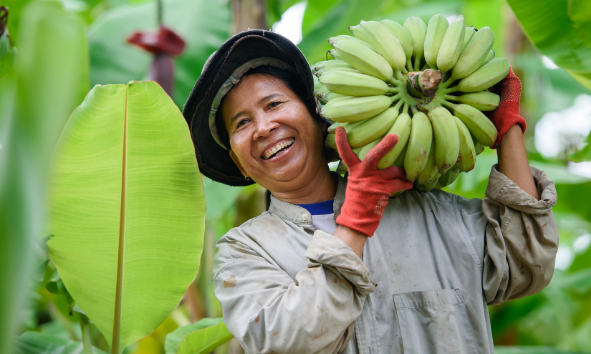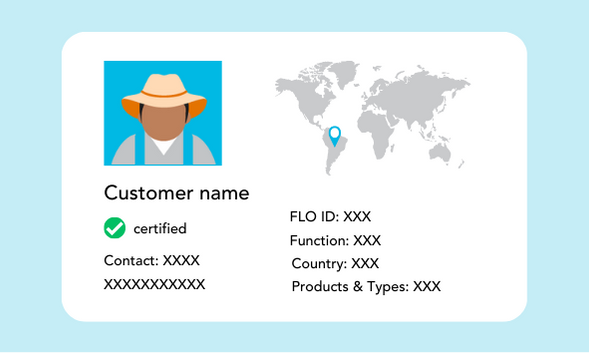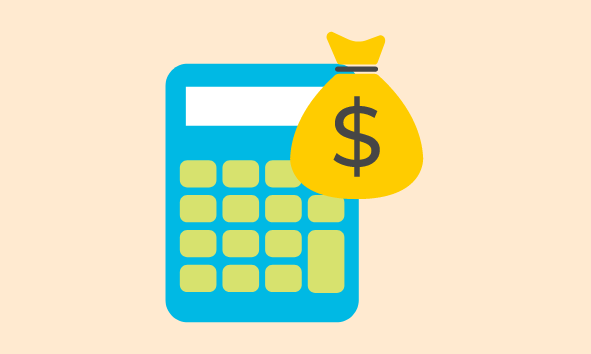How to join Fairtrade
The Fairtrade Certification process is thorough, and we’re right here to guide and support our customers along the way.
The process consists of three main steps: application, audit and evaluation/certification.
And one major goal: to become a Fairtrader.
Your Fairtrade journey: from Application to Certification
Fairtrade Certification is for all supply chain actors, from the producer organisation growing the product, to the companies processing it, up to the point when it’s in its final packaging.
Take a look at our 3 steps below to find out exactly what it’ll take to become a Fairtrade-certified organisation.
Step 1: You apply …
- Click here to check if your organisational set-up and product are within Fairtrade Certification scope, and send in your application request.
- If in scope, FLOCERT's Applications team will assign you a unique Application ID and send out an application package for you to fill in, sign and return.
- If you are an exporter, importer or manufacturer, you'll receive a temporary Permission to Trade following your successful application.
Step 2: We audit …
- A FLOCERT auditor visits your organisation to gather information and verify compliance, going through a checklist of the relevant Compliance Criteria required by the Fairtrade Standards. This onsite inspection includes checking facilities, reviewing paperwork, and talking with your employees/members.
- For producers: the main criteria focus on transparency and democratic decision-making within the organisation, as well as working conditions, environmental conditions and traceability.
- For traders: the main criteria concern contracts, payment terms, sourcing plans, prefinance, and the Fairtrade Minimum Price and Premium.
- The audit begins with an opening meeting, where the auditor explains the audit plan and objective, and agrees on a schedule.
- After the opening meeting, working from a customised checklist, the auditor may:
For producers:
- cross-check documents (contracts, invoices, minutes, membership lists),
- inspect the premises (production sites, processing installations, storage areas, farms and fields),
- observe working conditions, health & safety and production practices,
- hold meetings and confidential interviews with workers and members,
- check the traceability of the Fairtrade product,
- check the Premium money has been used as previously agreed.
For traders:
- check all the company's Fairtrade transactions (cross-checking documents, contracts, invoices),
- check the premises (processing installations, storage and production sites),
- check the correct Fairtrade Price and Premium is paid on time to the producers,
- check the Fairtrade product retains its traceability.
- The auditor will explain the audit outcome at the closing meeting. If there are any Non-Conformities, you can suggest how to resolve them. The auditor's report is then handed over to the analyst to review the audit results and follow up on any Non-Conformities.
Step 3: We analyse and certify …
- Your FLOCERT analyst reviews the audit results and evaluates whether you fulfil the Fairtrade Standards.
- If any Non-Conformities are found, the analyst will guide you through the process of correcting them.
- Producers without Major Non-Conformities will receive a temporary Permission to Trade.
- Once all Non-Conformities are resolved, you will receive your official Fairtrade certification.
 Welcome to Fairtrade!
Welcome to Fairtrade!
Your initial certification begins a three-year certification cycle for producers and a five-year cycle for traders. During this time, we'll audit your company periodically to ensure things are still going well, and may also carry out Unannounced Audits.
At the end of the cycle, you’ll receive a renewed certificate once you have successfully completed the Renewal Audit process.
Check out our Fairtrade Assurance manual!
Learn in more depth how the Fairtrade Certification process works
Fairtrade Assurance manual


